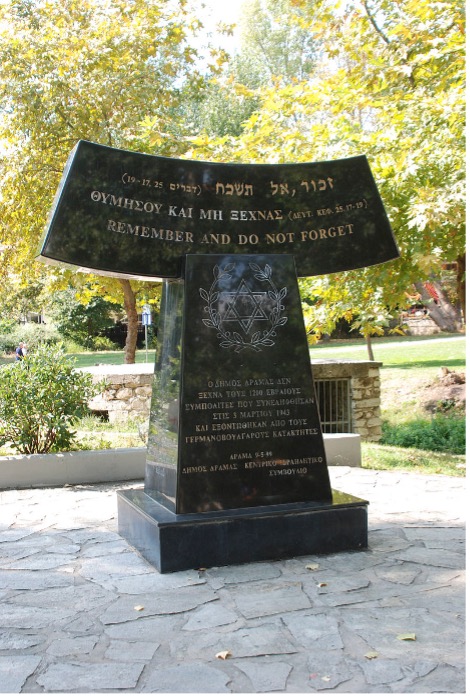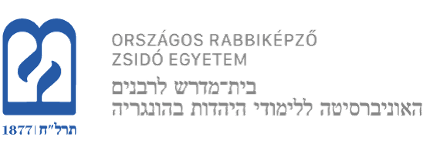VWI invites/goes to...
Cycle of VWI Fellows’ Colloquia
The VWI fellows present their intermediary research results in the context of colloquia which are announced to a small audience and are open to a public audience with an academic and topical interest. The lectures are complemented by a response or commentary by an expert in the given field and are discussed with the other fellows.
Due to the previous lack of an appropriate space, the colloquia were held at other Viennese research and cultural institutions with a topical or regional connection to the given subject. From this circumstance was born the “VWI goes to …” format.
With the move to a new institute building at Rabensteig 3, the spatial circumstances have changed, so that the VWI is now happily able to invite other research and cultural institutions. Therefore, the VWI is now conducting its colloquia both externally and within its own building, in the framework of continued co-operation with other institutions.
The new cycle of fellows’ colloquia “VWI invites/goes to …” is not only able to reach a broader circle of interested persons, but moreover integrates the VWI further into the Viennese scholarly establishment, perhaps even crossing borders into the greater regional research landscape.
| VWI invites/goes to... | |||
| Raz Segal: Holocaust Bystanders – A History of the Modern State | |||
Wednesday, 17. May 2023, 15:00 - 17:00 Vienna Wiesenthal Institute, Research Lounge, 1010 Vienna, Rabensteig 3, 3rd Floor
|
|||
VWI invites the OR-ZSE (Budapest)
Commented by Anna Menyhért Raz Segal is Associate Professor of Holocaust and Genocide Studies and Director of the Master of Arts in Holocaust and Genocide Studies at Stockton University. His publications include Genocide in the Carpathians: War, Social Breakdown, and Mass Violence, 1914-1945 (2016; paperback 2020); and, as guest editor, the special issue on Genocide: Mass Violence and Cultural Erasure of Zmanim: A Historical Quarterly, vol. 138 (2018) (Hebrew). Segal has also published on genocide and memory politics in Hebrew, English, and German in The Nation, Haaretz, +972 Magazine, and Berliner Zeitung. Anna Menyhért is Professor of Trauma Studies at the Budapest University of Jewish Studies, a Senior Research Fellow at the IAS Kőszeg, and an Affiliated Researcher at the Democracy Institute of CEU. Previously she was a Visiting Professor at the University of Florence, a Research Fellow at the VWI, and a Marie Sklodowska-Curie Individual Research Fellow at the University of Amsterdam. She led the Trauma and Gender in Literature and Culture Research Group at Eötvös Loránd University in Budapest. Currently, she is the course director of the CEU SUN Transdisciplinary Trauma Studies, and the co-editor of the book series of the same name. She is the author of five monographs, among them Women's Literary Tradition and Twentieth-Century Hungarian Writers (2020). She works on a book entitled Trauma in a Digital Age, which will include a chapter on the theoretical analysis of bystanders. Photo credit: George Groutas, https://commons.wikimedia.org/w/index.php?curid=4866066 Please register at This email address is being protected from spambots. You need JavaScript enabled to view it. by latest 16 May, 12.00 am and bring your ID. Click here to download the invitation as a PDF file. In cooperation with:
|
|||







 The presentation offers a new interpretation of Holocaust bystanders in the multi-ethnic and multi-religious borderlands under wartime Hungarian and Bulgarian occupations that targeted several groups in attempts to realise ethno-national visions of “Greater Hungary” and “Greater Bulgaria”. Raphael Lemkin, the Jewish-Polish jurist who coined the term genocide, captured the essence of wartime state violence when he wrote in
The presentation offers a new interpretation of Holocaust bystanders in the multi-ethnic and multi-religious borderlands under wartime Hungarian and Bulgarian occupations that targeted several groups in attempts to realise ethno-national visions of “Greater Hungary” and “Greater Bulgaria”. Raphael Lemkin, the Jewish-Polish jurist who coined the term genocide, captured the essence of wartime state violence when he wrote in 
